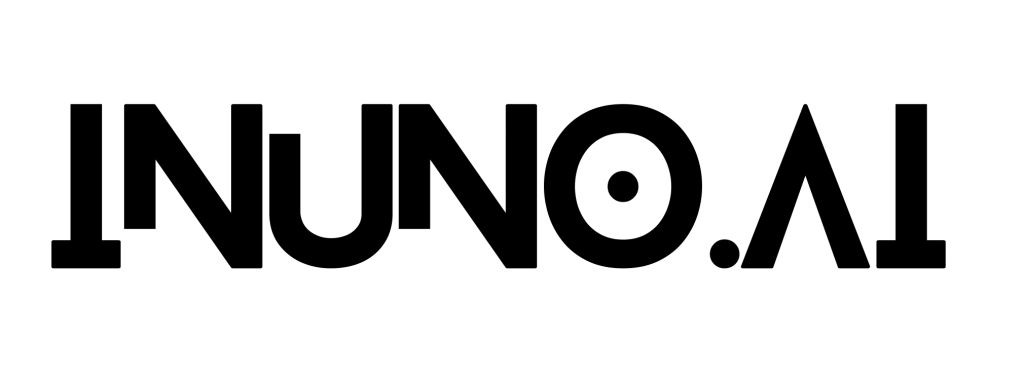Process automation is an important factor for any company looking to boost its efficiency and overall performance. However, when it comes to DevOps — one of the most crucial processes in a software company, automation has become more of a necessity than an improvement.


That said, AI and all the applications it offers for DevOps are especially important to consider when you are looking to scale your operations. You can leverage a wide range of AI tools and applications to streamline your DevOps and unlock actionable insights that will help you make informed decisions in the SDLC.
With that in mind, let us first look at the relationship between AI and DevOps so far, and six ways in which the technology can automate DevOps.
An Overview of AI in DevOps
The role of AI in DevOps has evolved over the years, thanks to the rising popularity of the emerging technology. By definition, integrating AI in DevOps involves strategically using AI-driven resources and tools to enhance the SDLC. However, these days DevOps can be almost entirely reimagined by accommodating AI in as many steps as possible.
As newer applications and AI-based processes are introduced in DevOps, the role played by the technology is only getting more pivotal and stronger. In most cases, AI helps automate and streamline parts of DevOps, and in others, it can help you enhance and upgrade your existing processes.
6 Ways AI is Automating DevOps in Software Teams
Let us now look at some of the most popular applications of AI in DevOps being used by software teams:
- Streamlining Workflows and Communication
The integration of AI in your DevOps can help optimize your workflows and help you identify inefficiencies and improvement areas properly. Artificial Intelligence can also help you identify and locate bottlenecks and simplify procedures to improve the overall efficiency of your workflow.
You can continuously improve and optimize your DevOps operations, thanks to AI’s ability and capacity to adapt and learn from data and increase their productivity and agility. You can thus improve your business results, and boost your communication processes.
Many software teams also rely on AI-powered chatbots, virtual assistants or tools like AI Copilot for enterprises to facilitate communication between various stakeholders, and across teams. These AI-based tools can also help you get instant access to system data and development logs, reducing the time you would otherwise spend on manual queries.
- AI-Driven Monitoring and Predictive Analytics
AI-driven predictive analytics helps teams leverage historical data to make their DevOps more efficient and productive. Most AI-based systems can help you identify potential bottlenecks and problems in advance, thus allowing you to prevent and mitigate risks.
You can also identify certain patterns and trends in these datasets to help you optimize workflows to align with your needs. With AI, these patterns and trends can be monitored in real-time, helping you identify anomalies before they become issues. You can also leverage machine learning models to make your monitoring processes more contextually accurate.
- Automated Code Reviews and Predictive Deployment
AI can help companies set up and transform software development processes to be more efficient with the help of automated code review. AI-powered tools can help you scrutinize code meticulously and pinpoint any vulnerabilities or errors that might cause bigger issues. Furthermore, AI algorithms can help you automate coding, comply with coding standards, and even identify potential bugs so they can be resolved on time.
Developers and testers spend a lot of time reviewing code, and by automating the process, they can redirect their time towards other important tasks. If you are carrying out large-scale software development or a complex Drupal to WordPress migration, automated code reviews can help you minimize data loss and ensure operational continuity.
An automated code review powered by AI can also help you improve the security and reliability of the software, and streamline its development cycle.
- Intelligent Testing and Alerting
With the help of AI, you can not only automate your code review but also your testing process. You can use AI-driven tools to help identify tests that are critical to your SDLC and prioritize them effectively. Doing so ensures that you get quick and timely feedback without compromising quality.
By implementing Intelligent Testing, you can also reduce the turnaround times of your full testing cycles and turn your focus on areas that carry higher risks. AI can also help you automate every step of the testing process including creating, running and interpreting the test cases.
Moreover, AI can also help you categorize your alerts based on urgency and impact to prioritize better and prevent alert fatigue. Once you automate the resolution of these low-priority tasks using AI, you can focus on more critical tasks in your SDLC.
- Enhancing Real-Time Security
When you want to create an AI-powered DevOps environment that makes your SDLC more secure, you must implement the technology holistically. AI can play a crucial role in locating and assessing the existing code, monitoring your tech infrastructure and its ability to deal with vulnerabilities.
Additionally, AI-based security solutions and algorithms can also help you examine large data volumes and identify patterns that indicate security risks or issues. You can also use AI to improve your software system’s overall posture by identifying and removing vulnerabilities proactively and in real-time, thus reducing the possibility of data breaches or malicious attacks.
- Emergence of Self-Healing Systems
Aside from the aforementioned applications of AI in DevOps, more ways to integrate AI technology emerge every day. Self-healing systems are one such type of application that is not common but is quickly getting popular among growing software teams.
Self-healing systems can detect and resolve issues with minimal or no human intervention, and ensure uninterrupted service. AI-powered tools can help you conduct root cause analysis by leveraging your system logs and data. Your system can then apply fixes or roll back configurations automatically to minimize downtime.
You can also leverage AI algorithms to monitor the system performance and adjust resources as required, thus improving scalability and optimizing development costs in the software.
Concluding Remarks
Artificial Intelligence has been around for a while and can help you level up different parts of your software development cycle. By integrating the technology effectively, and automating some of the repetitive parts, you can free up time and resources to focus on critical tasks and functions. You can also continuously improve and level up your SDLC by streamlining and optimizing the process using AI.







